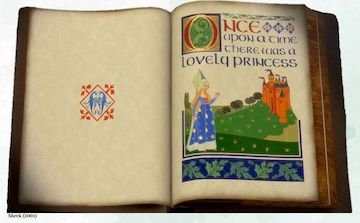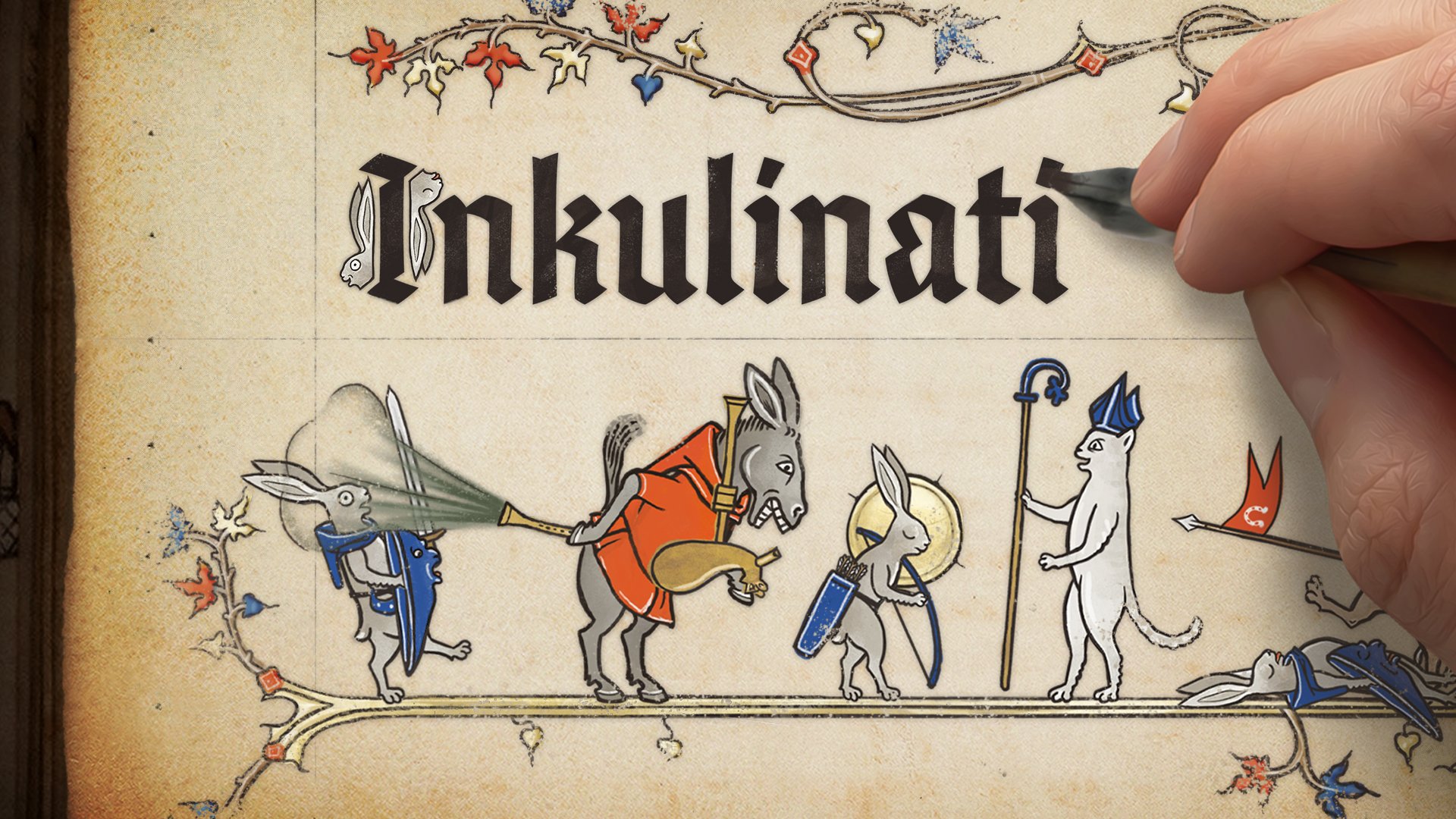Call for Applications
The National Humanities Center 2023–24 Fellows
Due 5 October 2023
The National Humanities Center (NHC) is pleased to announce the appointment of 34 Fellows for the academic year 2023–24. These leading scholars will come to the Center from universities and colleges in 16 US states as well as Canada, Nigeria, Singapore, South Africa, Taiwan, and the United Kingdom. Chosen from 541 applicants, they represent humanistic scholarship in African American studies; anthropology; archaeology; Asian American studies; East Asian studies; ethnomusicology; gender and sexuality studies; history; history of art and architecture; information studies; languages and literature; media studies; medieval studies; music history and musicology; philosophy; psychology; religious studies; and Slavic studies. Each Fellow will work on an individual research project and will have the opportunity to share ideas in seminars, lectures, and conferences at the Center.
These newly appointed Fellows will constitute the forty-sixth class of resident scholars to be admitted since the Center opened in 1978. “We are extremely pleased to be able to support the exciting work of these scholars,” said Robert D. Newman, president and director of the National Humanities Center. “They were selected from a truly exceptional field of applicants spanning the wide range of humanities disciplines. We look forward to their arrival in the fall as they pursue their individual projects and form a robust intellectual community.”
The National Humanities Center will award over $1,550,000 in fellowship grants to enable the selected scholars to take leave from their normal academic duties and pursue research at the Center. This funding is provided from the Center’s endowment and by grants and awards from the Burroughs Wellcome Fund, the Geiss Hsu Foundation, the Henry Luce Foundation, the UNCF/Mellon Programs, and the National Endowment for the Humanities, as well as contributions from alumni and friends of the Center.
The Center will begin accepting applications for the 2024–25 academic year on July 1, 2023 with a deadline of October 5, 2023. Details about NHC fellowships, including application instructions, are available here.
For more information, including the projects of previous winners, visit https://nationalhumanitiescenter.org/national-humanities-center-announces-2023-24-fellows/.




















